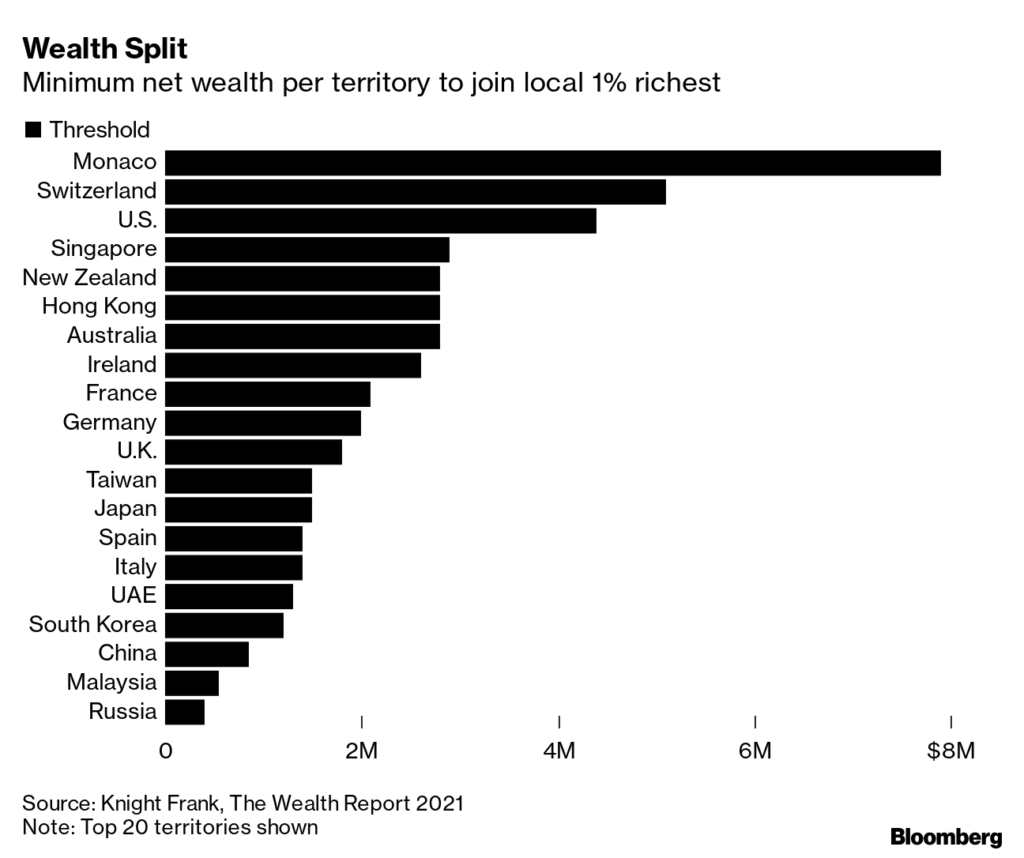Money can’t measure everything.
Some things can’t be ranked.
We enjoy counting things. It’s comforting when facing the mountains of uncertainties that pervade our lives.
Ranking never suffers from a bear market.
Seth Godin remarked.
“In the face of the difficulty the system has in measuring things that don’t measure, we create proxies. Things like popularity as a proxy for whether a work of human creativity has worth or not.”
We love measuring SAT scores, bank accounts, and how much weight we can lift.
Putting a number on a healthy body image isn’t easy. Timing how fast you can run a mile is.
We easily access concise answers – not to the questions that matter.
Because something is easy to measure doesn’t mean it’s important. In our haste to make life less complicated and predictable, we focus on measurable things.
Just because we can.
Some kids aren’t good at taking standardized tests but are very creative. Since creativity is hard to rank, it’s often ignored.
It’s not surprising many successful people didn’t graduate Summa-Cum Laude from college.
Giving someone a number standardizes the process but often ignores what’s important.
Godin confirms this.
Smart isn’t easily measurable. Neither is beautiful, good, or successful. And especially happy.
Let’s use this same process regarding our wealth.
We can measure how many square feet our home occupies.
It’s easy to look up the size of our savings account.
A pie chart clearly displays the percentages in our asset allocation.
A number determines our ultimate money ranking.
Are you a one-percenter?

This is all well and good. We need to analyze data to chart goals.
The problem is we often ignore what’s important because it doesn’t fit it into a spreadsheet.
Are we building our bank account to compete with neighbors or provide peace of mind?
Is our spending a mindless pursuit of a temporary dopamine rush, or is it focused on what brings lasting joy?
Are we living in the moment and enjoying the present, or are we constantly chasing an unknowable future?
Do we appreciate our good fortune and seek to help others, or do we look down on the less fortunate as undeserving and lazy?
It’s easy counting beans. It’s difficult to count your blessings.
Ranking certain things for making better choices is indisputable.
Spending too much time doing it isn’t.
Missing out on more important matters easily slips through the cracks.
In the end, life satisfaction is what matters.
Unfortunately, the measuring sticks determining happiness aren’t easy to find.
Try grading your relationship with money without a written scorecard.
What you end up discovering may surprise you.





